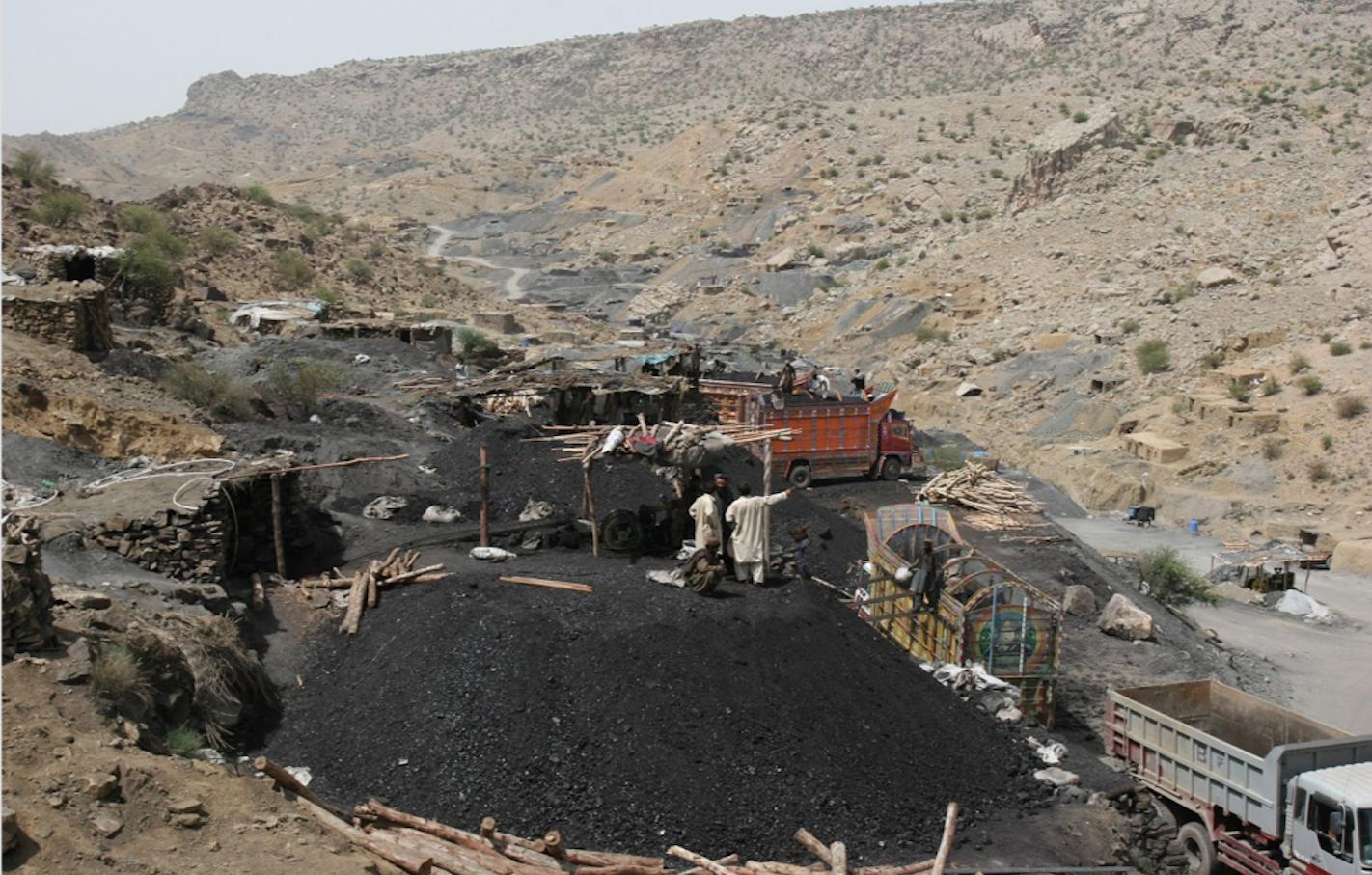Pakistan agrees to new ISDS provisions, despite previous policy to terminate ISDS agreements
AFTINET | 23 January 2024
Pakistan agrees to new ISDS provisions, despite previous policy to terminate ISDS agreements
Pakistan has agreed to include Investor-State Dispute Settlement (ISDS) provisions, with some conditions, in a proposed trade deal with the Gulf Cooperation Council. This decision is at odds with Pakistan’s previous policy, initiated in 2021, to terminate its bilateral investment treaties to avoid further ISDS cases by international investors.
ISDS is a special provision that allows foreign, but not local, investors to claim compensation if they can argue that a change in law or policy would reduce their future profits – even if the change is in the public interest.
Pakistan has already faced 12 known ISDS cases, which collectively claimed over US$13.2 billion in compensation from Pakistan. The most notable of these cases is Tethyan Copper v. Pakistan, in which Australian mining company Tethyan Copper was awarded US$5.8 billion in 2019 over the Pakistan federal government’s refusal to grant a mine license. This award was particularly high profile because the payout was 25 times more than the company invested in the project, and because the amount was almost equivalent to an International Monetary Fund emergency loan that had just been granted to Pakistan to deal with its economic crisis. The World Bank reports that Pakistan has the lowest per capita income in South Asia with nearly 40% of its population living below the poverty line.
Pakistan has agreed to a “graduated approach” to settle ISDS claims after facing pressure from Saudi Arabia and Qatar to include ISDS in the trade deal with the Gulf Cooperation Council. This will mean there will be a mandatory period of eight months for the dispute to be resolved in domestic forums before going into international arbitration. However, this is likely only to delay not prevent disputes.
Pakistan’s decision to retract its ISDS policy was made amid increasingly widespread criticism of the ISDS system. UN Special Rapporteur said in a 2023 report that ISDS has been “weaponised” by international investors, leading to violation of human rights and undermining the rule of law. Pakistan’s acceptance of the ISDS provisions therefore suggests the high level of pressure that developing country governments face to accept trade agreements with ISDS, despite the risks.
Find more information on AFTINET’s ISDS campaign here.






